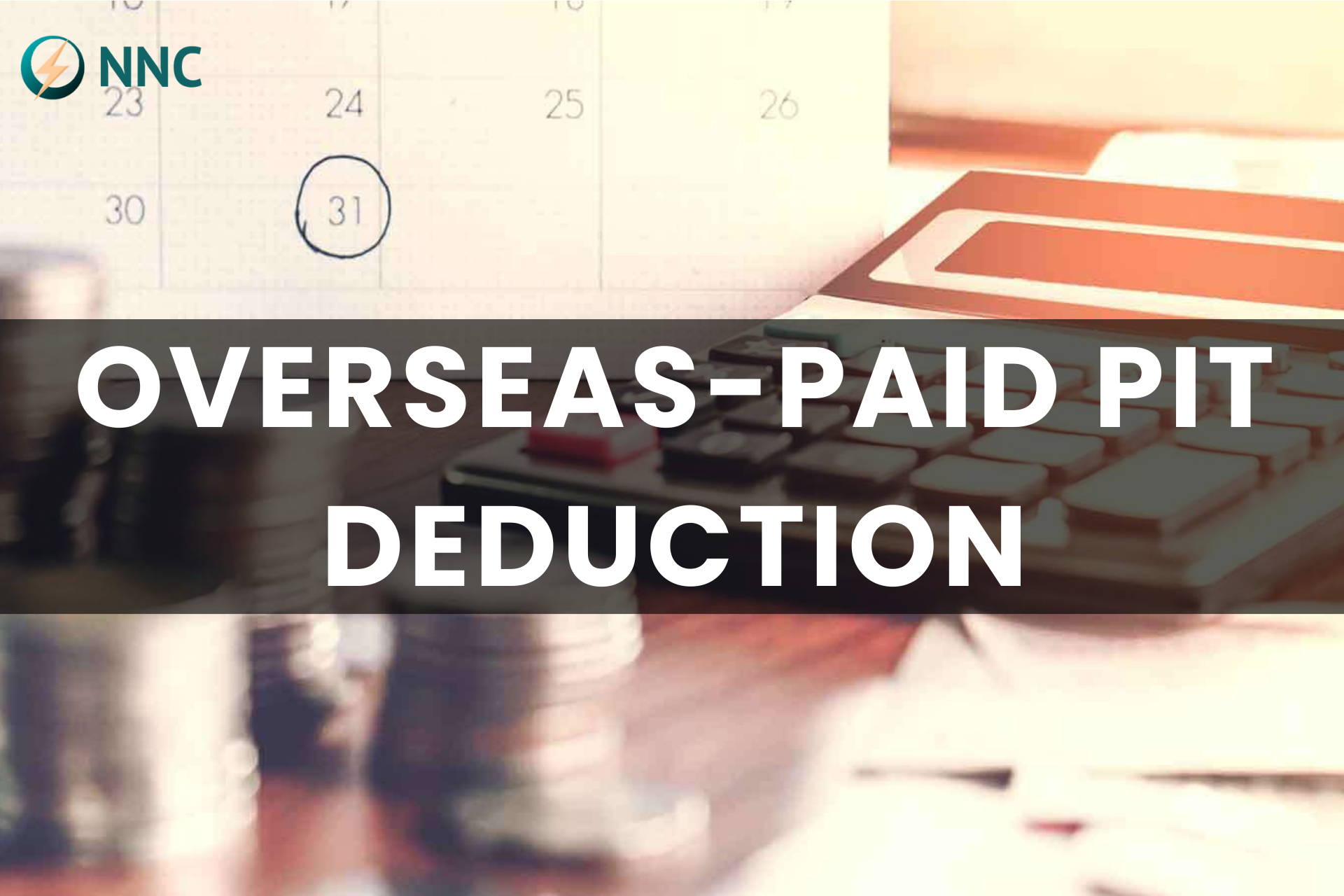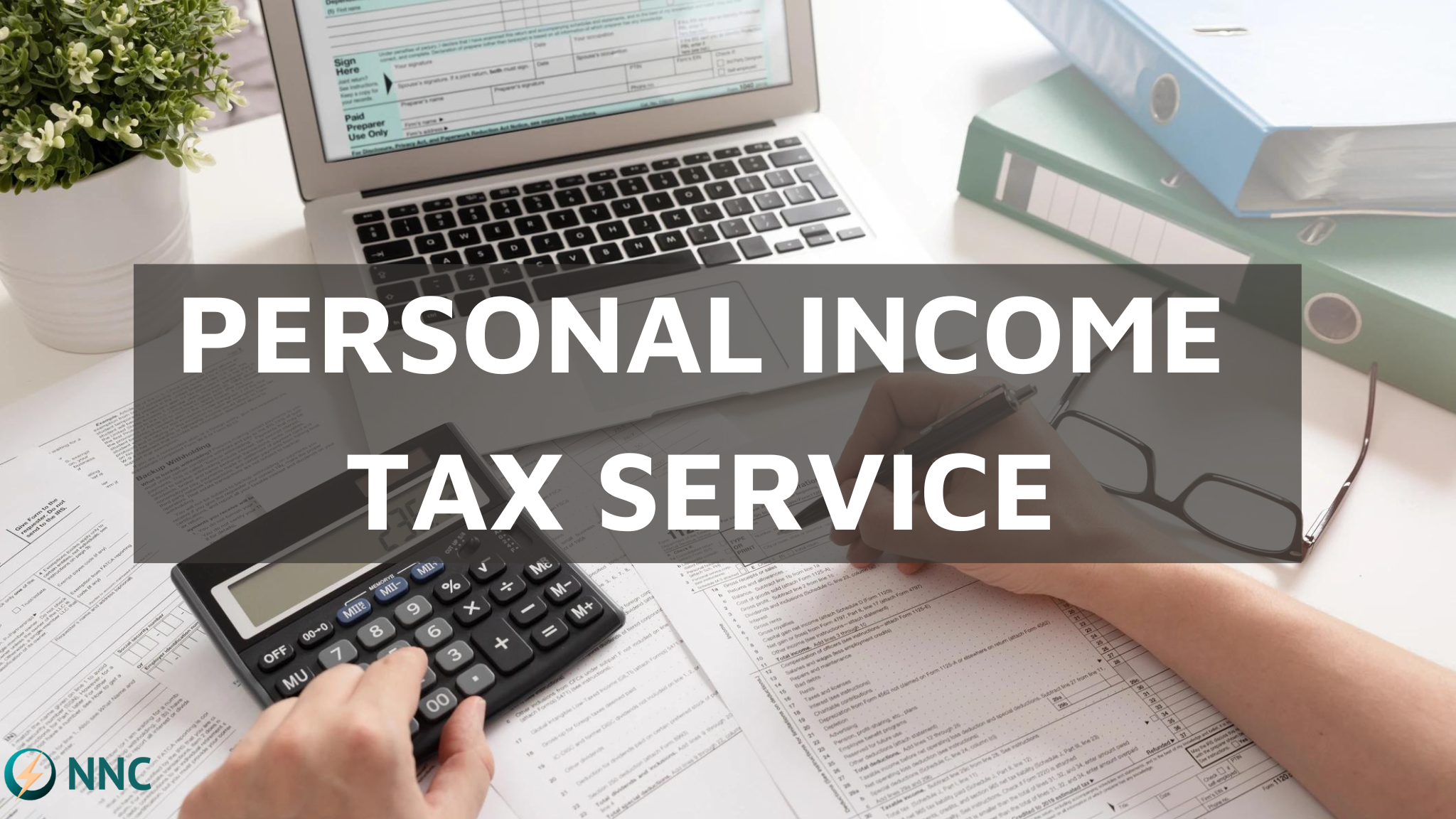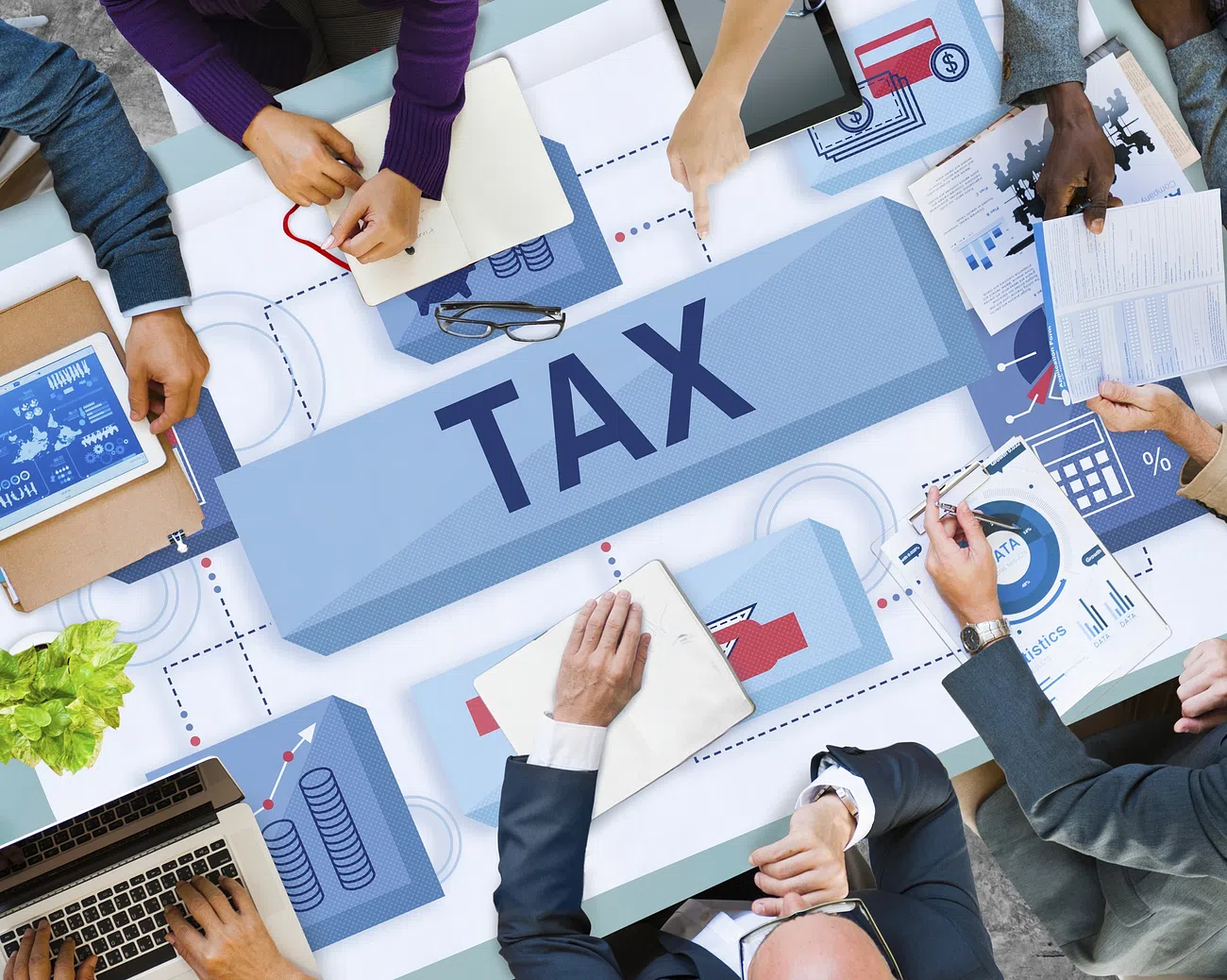The Vietnamese Accounting Standards (VAS) is a book-keeping and financial reporting manual. It provides a standard chart of accounts, financial statements template, accounting books and voucher templates, as well as detailed guidance on accounting double entries for specific transactions.
Vietnam employs a unified set of accounting and bookkeeping standards that guide how expenses and revenues of companies operating within the county should be recorded. These generally accepted accounting principles, known within the country as Vietnamese Accounting Standards (VAS), act as the primary set of guidelines on the way accounts and books are prepared and recorded.
There are also industry-specific accounting guidelines for credit institutions, insurance companies, securities companies, fund management, investment funds, oil and gas operators, lottery companies, regulatory bodies, and public sector entities.
Entities subject to Vietnam Accounting Standards
All enterprises which are listed below are subject to the Vietnam Accounting Standards.
These include:
- Enterprises of all economic entities, including 100 percent foreign-owned enterprises, branches and representative offices of foreign enterprises operating in Vietnam under Vietnamese law ;
- Individuals’ business households and cooperation groups ;
- Accountants and other accounting professionals ; and
- Non- business enterprises and organizations (including with and without funding from the state budget).
Framework for Vietnam Accounting Standards
Local and foreign-invested companies doing business in the country are required by law to comply with Vietnam Accounting Standard (VAS) when recording their financial transactions. Foreign companies may choose to manage two accounting records; one based on the VAS and another compiled specifically for the overseas head office.
In practice, many foreign companies maintain an accounting system according to VAS and only covert financial statements into the International Financial Reporting Standards (IFRS) on a quarterly basis for the foreign parent company’s reference.
Any business operating in Vietnam, whether foreign-invested or local, which mainly conduct transactions (including sales, purchase, and provision of goods and services) with foreign currencies are permitted to choose a monetary unit in accounting and must notify relevant tax authorities of this choice. Once a foreign currency is selected as an accounting currency unit, an enterprise cannot change it except for special circumstances, such as when there are significant alterations in the company’s transactions.
In a nutshell, the VAS requires that accounting records:
- Are in the Vietnamese language, or can be combined with a commonly used foreign language;
- Use Vietnamese Dong (VND) as the accounting currency, but foreign-invested enterprises (FIEs) are allowed to select a foreign currency as their accounting currency;
- Comply with the Vietnam chart of accounts; and
- Include numerous reports specified by VAS regulations, printed monthly and signed by the General Director and affixed with the company seal.
Accounting period timeline
An accounting period in Vietnam is generally determined according to the calendar year, i.e., January 1 to December 31. However, a 12-month period beginning the first day of each quarter, e.g., April 1 to March 31 of the following year; July 1 to June 30 of the following year; or October 1 to September 30 of the following year, can also be adopted after registering with the Tax Department.
Annual reports
Enterprises under foreign ownership should have their annual financial statements audited by an independent auditing firm. Statutory audits in Vietnam are performed in accordance with the Vietnam Standards on Auditing. Every organization is required to have a Chief Accountant, as annual financial statements should be approved by the chief accountant and the legal representative.
What is a Chief Accountant and what do they do?
The chief accountant is the head of a unit’s accounting apparatus and in charge of execution of accounting works therein. Organizations are required to have a Chief Accountant certified by the Ministry of Finance.
The Chief Accountant is responsible for:
- Compliance with regulations of law on accounting and finance of accounting units;
- Organize the operation of the accounting apparatus in accordance with the Law;
- Makeing financial statements in accordance with accounting regimes and accounting standards;
- Sign off on all accounting documents, tax declarations, tax returns, financial statements, and audited statements of the company as required by the laws;
- Performing other tasks as agreed to by the board of directors (Reporting, financial control, financial analysis, budgeting, and planning, etc.)
- Providing a business connection between the tax office and the company.
While filing for annual reports, the enterprise should:
- Sign with the independent auditing company no later than 30 days before the end of the fiscal year;
- Provide accurate and adequate information to the auditors;
- Rotate their audit firms every five years, if they’re a credit institution; and
- Rotate their audit firms every three years, if they’re a non-credit institution.
Language and currency
The accounting records should be maintained in the Vietnamese language although this can be combined with another commonly used foreign language, such as English.
Additionally, the Vietnamese Dong should be used as the accounting currency, however, entities that receive and pay with foreign currency can select that said foreign currency in their accounting records and financial statements. For statutory reporting, the foreign currency must be converted to the Vietnamese Dong equivalent.
Penalties for non-compliance
Companies are advised to double-check their accounting system, to spot possible VAS non-compliance issues.
Under the government’s New Penal Code, businesses that do not adhere to the compliance laws can now be held criminally responsible. If the tax authorities find discrepancies in the financial reports, after an audit, a 20 percent tax will be imposed on the amount that is under-declared. There is also a 0.03 percent daily interest rate for the late payment of tax.
In addition, tax authorities can penalize companies for VAS non-compliance through the disallowance of input VAT credits and withdrawal of CIT incentives.
Adopting IFRS by 2025
The Vietnamese government will adopt International Financial Reporting Standards (IFRS) by 2025, replacing VAS. The transition aims to enhance comparability and transparency of corporate financial statements. The move is in line with international best practices and will improve effectiveness in corporate government.
The government aims to make the transition to the IFRS by 2025 through a draft IFRS roadmap, published in 2019. The roadmap divides the IFRS implementation into two phases:
Phase I: Voluntary application period from 2022 to 2025
Entities with demand and sufficient resources would apply IFRS in preparation of consolidated financial statements, such as parent entities which are state-owned enterprises, listed companies, large public entities, and 100 per cent foreign-invested companies which are pre-approved by the MoF.
Phase II: Compulsory application (after 2025)
After the voluntary period, enterprises are either subject to IFRS (compulsory consolidated financial statements and/or compulsory/voluntary separate financial statements) or compulsory adoption of VFRS from 2025.





